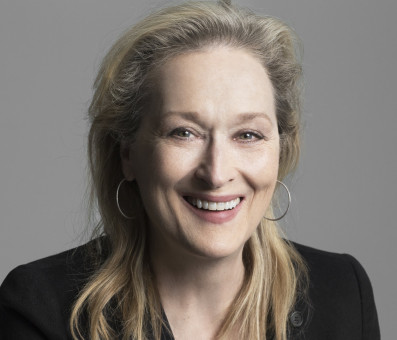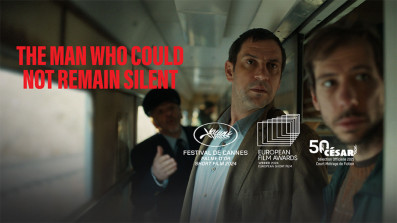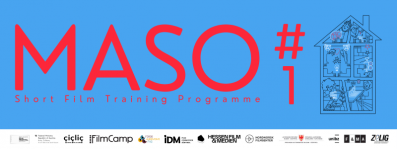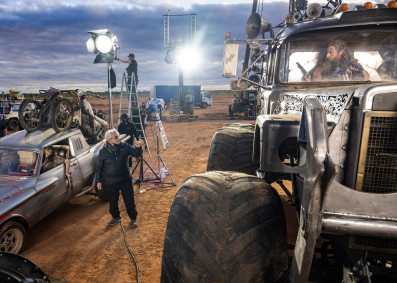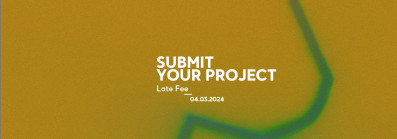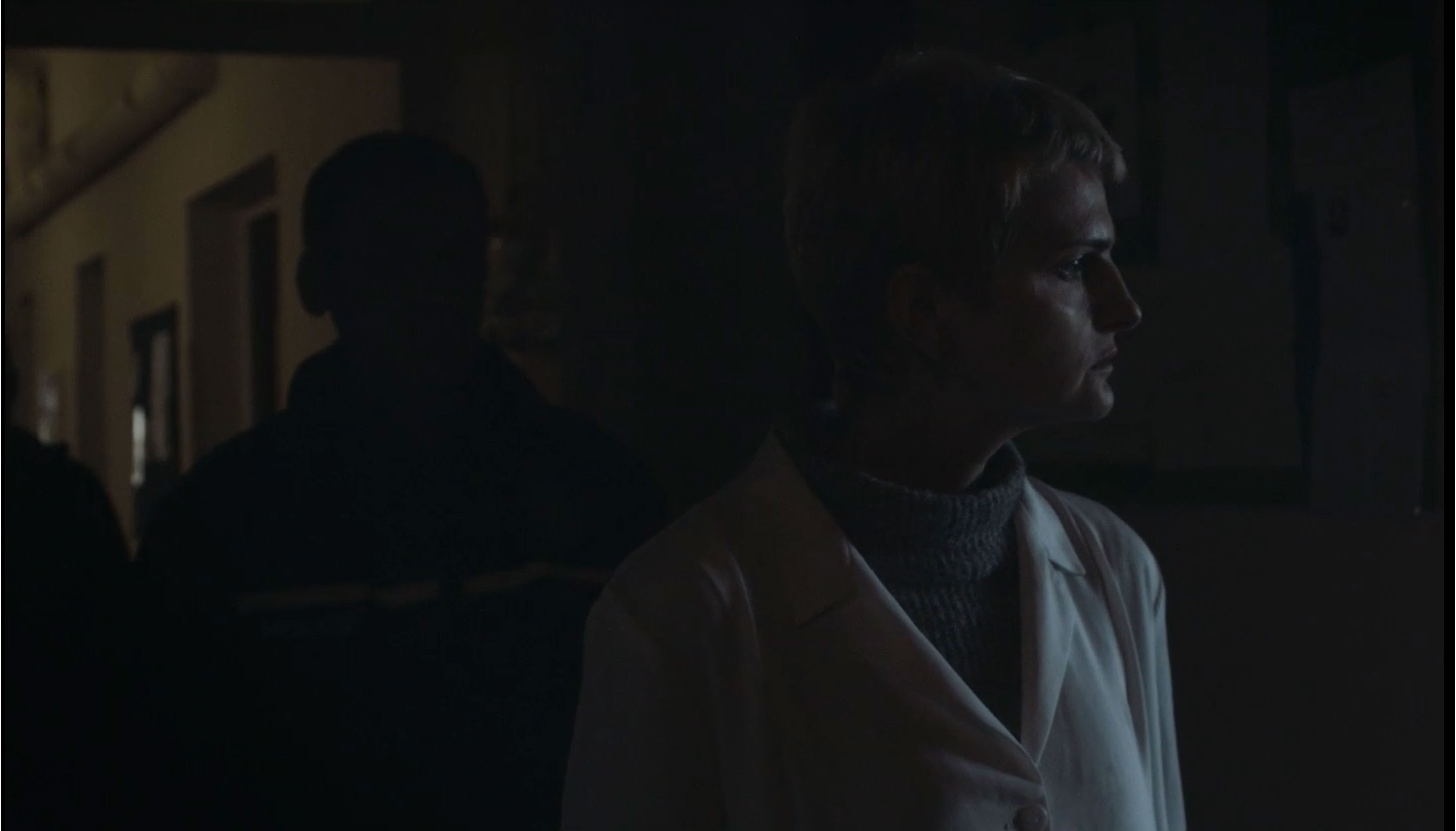
Contemplation of Kafkaesque: Night Duty Doctor Exposes the World of Absurd
Georgian short debut by spouse directors Nato Gabunia and Grigol Janashia
Written by: Levan Tskhovrebadze
Apprehension a Night Duty Doctor (2017), Georgian short debut by spouse directors Nato Gabunia and Grigol Janashia is quite complicated as the picture incorporates various types of emotions, doubts or fears just in twenty minutes. Despite the mixed feelings the primal perception addresses the feeling of guilt that drives the whole aesthetic to the world of Kafkaesque.
Death of a patient under ambiguous conditions brings two police officers in a remote hospital where they try to question 38 years old night duty doctor Nino (Lela Metreveli). The investigation is delayed as they can hardly find the suspect who’s in the hospital but it seems that the staff does not care about the probe. That is the first recognition of Kafkaesque with the smallest awareness of who has got the power: police, clinic director, staff or the convict herself and how this power structure functions.
Kafka’s literature is the world of absurd unfolding nightmares of being judged or waking up with a great deal of shame which is exposed in the picture. They find Nino listening for one of the patient’s nightmares who found himself pissed experiencing disgrace. The wordplay of the interrogation is the acknowledgement of the theatre of absurd:
- Who did turn the respiratory system off?
- No one.
- So you were there all night without taking your eyes off the patient?
- I didn’t say so.
- How did you know then that no one had switched it off?
- It’s an old respiratory system.
- And does it switch off by itself?
- I didn’t say so.
It’s just a little part of illogical dialogue considering the whole question keeps on with a lot of tension in the pale blue eyes of Metreveli where she manages to establish one of the most unrecognizable characters ever seen. Defining the essence of absurdity in modern world Martin Esslin notes: There are enormous pressures in our world that seek to induce mankind to bear the loss of faith and moral certainties by being drugged into oblivion – by mass entertainments, shallow material satisfactions, pseudo explanations of reality, and cheap ideologies. [1] Significance of Esslin’s words is revealed in the very beginning of the Night Duty Doctor where the police officers talk about the stupidity of media exposing shallow material satisfactions and cheap ideologies.
“It’s a film about being in oblivion” – remarks Gabunia in one of the interviews and it is not hard to discern the abyss here. Ekaterina Smolina’s (DOP) lenses are part of the hospital’s mournful atmosphere dragging the audience into the passive chaotic routine. The Night Duty Doctor is structured with the clichés of Slow Cinema reminiscing Bela Tarr or Carlos Reygadas just shot in the very specific, almost theatrical location making it more autonomous.
There are lots of discussions in terms of terminology of Slow Cinema. Some film critics claim calling this Slow is the dehydration of its essence while calling Contemporary Contemplative Cinema instead which is to be appreciated because the contemplating of the Kafkaesque is a genuinely fresh experience.
[1] Martin Esslin, The Theatre of the Absurd (London: Eyre and Spottiswoode, 1962), pp. 313–14



